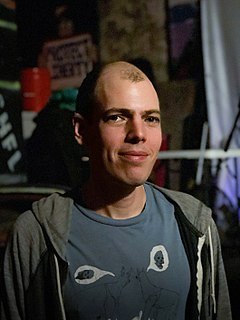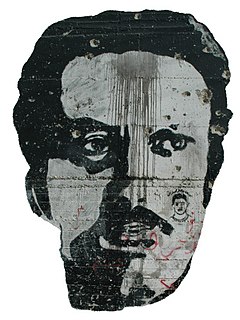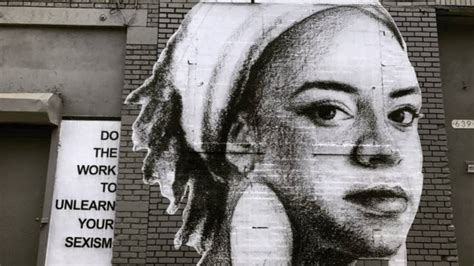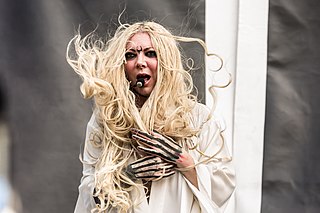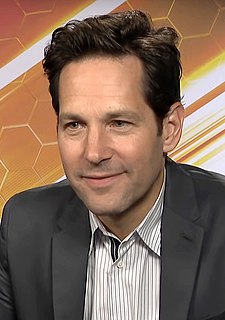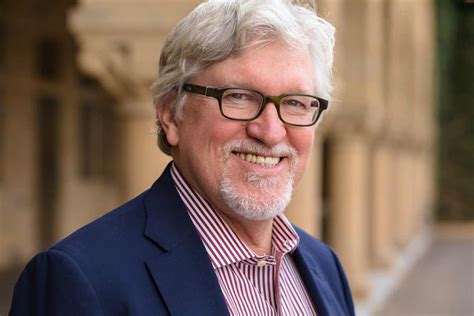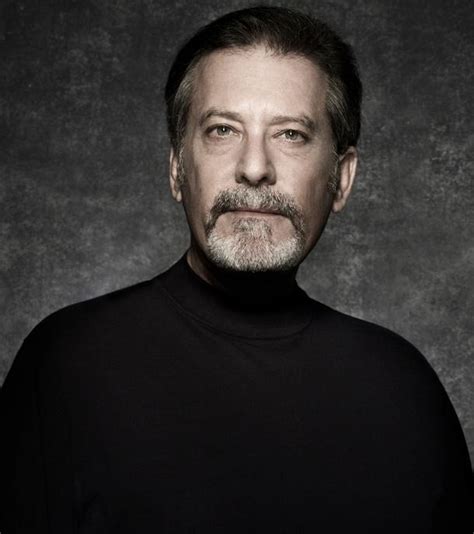A Quote by Adam Mansbach
If you're a novelist, as I am in real life, you're usually so desperate for any kind of feedback.
Related Quotes
If I like hardcore straight-edge punk music, gentle psychedelic folk music, gangster rap, indie-rock with a lot of guitar pedals, and I find inspiration from all these things in different songs of mine, shouldn't I be allowed to make any of this kind of music that I want? And it's the same for the comic books, why should I only make autobiographical stories? Or only political stories? Or only superhero stories? Or only comedy stories? I am a bit creatively desperate, when I sit with a pen and paper I am desperate for ANY idea that makes me excited, I don't care what kind of idea it is!
At any rate, that’s how I started running. Thirty three—that’s how old I was then. Still young enough, though no longer a young man. The age that Jesus Christ died. The age that Scott Fitzgerald started to go downhill. That age may be a kind of crossroads in life. That was the age when I began my life as a runner, and it was my belated, but real, starting point as a novelist.
It's been kind of extreme - people either love it or they don't like it at all - and I think that's a good thing. It's my first art project where there's not a middle ground. I find it very interesting. But the negative feedback hasn't at all kept me from doing it, obviously. Because I haven't really gotten any negative feedback that I feel is really warranted.
I am such a fiery woman and I am a real passionate woman and I get so much stuff built up inside of me that I can release all that on stage, and I kind of counterbalance it with the normal Maria that I am because with the real calming, natural kind of earthy spirit stuff and it kind of balances me out so I don't go too crazy.
We have on the one hand a desperate need; hunger, sickness, and the dread of war. We have, on the other, the conception of something that might meet it: omnicompetent global technocracy. Are not these the ideal opportunity for enslavement? This is how it has entered before; a desperate need (real or apparent) in the one party, a power (real or apparent) to relieve it, in the other.


